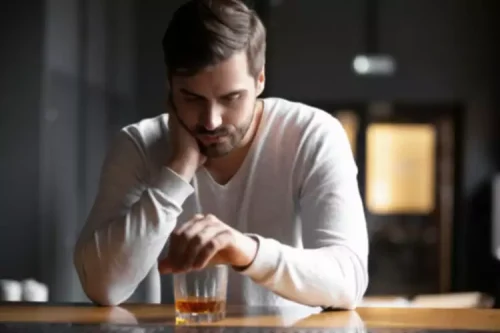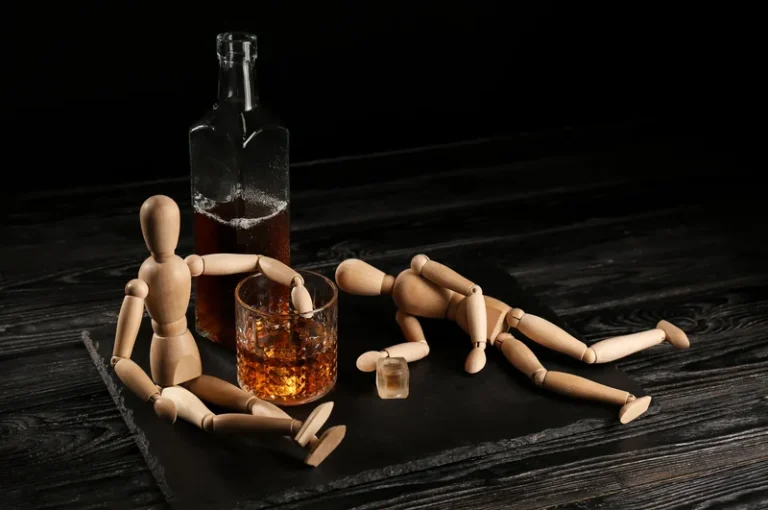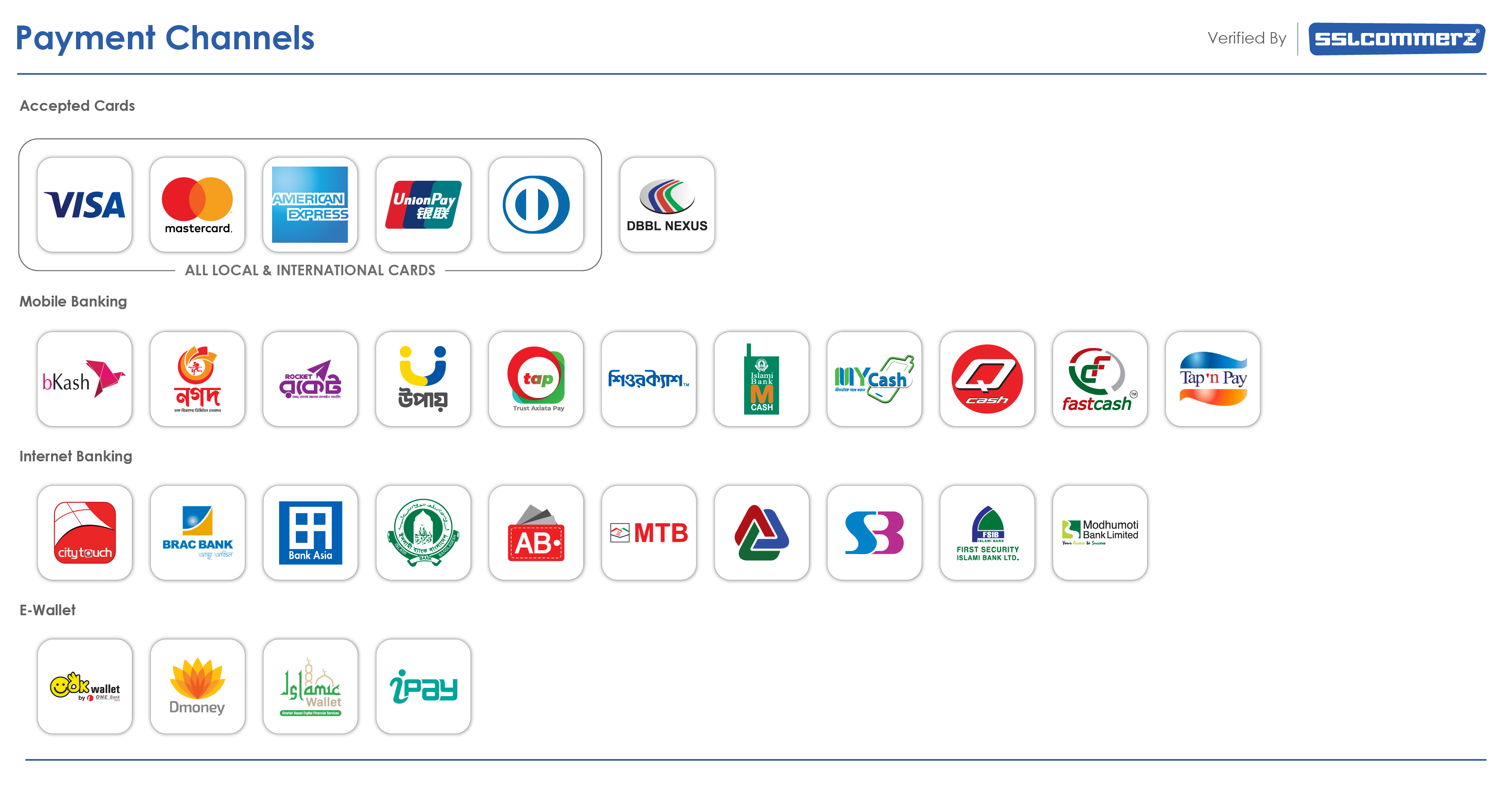An intervention is a structured encounter that addresses an addicted person’s issue. You and their loved ones, alongside an addiction specialist, will confront your addicted partner. Additionally, every day, research teams are conducting in-depth studies about drugs. They’re learning more about how substances interact with the cells inside the brain, and they’re using that knowledge to develop new treatments that might one day either treat or prevent addictions. Your perspective on another person’s addiction is not the reality of their experience. Someone opening up to you about addiction is likely a sign that they trust you.

Characteristics of Codependent Relationships
In a recent interview, Jacob shared these insights for anyone seeking to support their loved one with healthy boundaries and tough love. Addiction, particularly drug addiction, can wreak havoc on trust and communication within a relationship. Mood swings and irritability brought on by substance abuse can lead to tension, arguments, and even abuse.

Codependency in Relationships
While steps can be taken to help prevent a relapse, recovery is a lifelong journey of ups and downs, not a single event. That’s the sort of knowledge that can help boost a family’s sense of hope. With each advancement, you can feel more confident that the addiction can be treated and conquered. Telling them that one drink “doesn’t count,” for instance, will only enable their behavior.
Communication Breakdown

Similar to those recovering from alcohol use disorder, many individuals experiencing what feels like love addiction may also have a sponsor. A sponsor allows those with unhealthy romantic feelings to build their support system, so they become less dependent on their partners. Seeking therapy from a mental health professional can help guide you toward effective self-care techniques and teach you new coping skills tailored to your needs and abilities. A therapist may work with you on issues like communication and distress tolerance while offering support and validation.
Signs Your Loved One is Using Drugs
- For in feeling even worse about ourselves when we’re not using, we employ all sorts of rationalizations and justifications to continue our habit, whose now flagrant toxicity is probably more obvious to others than ourselves.
- Stretching muscles and pushing tendons prompts the brain to release so-called pleasure chemicals, including dopamine and oxytocin.
- Family members often feel harsh words or careless statements most acutely when they come from friends, co-workers and even distant relatives they see on a regular basis.
- This will lead to healthier changes in your addicted loved one as well.
- These statistics represent millions of people struggling with substance misuse and addiction, and nearly all of these people have family members and friends rooting for their eventual recovery.
Each meal helps build upon the work done in family therapy, and the ritual of eating together can promote a sense of common ground and togetherness. Family therapy sessions can take time, and it can be tempting to skip a session — particularly for families with a number of conflicting appointments and agendas. However, this work is vital to the mental health of everyone involved, so meetings should be attended whenever possible. Communicating with someone with addiction can also be hard if you have a history of supporting their addictive behavior. They might be surprised you are speaking up instead of enabling or ignoring the addiction.
How to Overcome a Love Addiction
Respect how difficult it might be for them to talk about their feelings and behaviors. Take our free, 5-minute substance abuse self-assessment below if you think you or someone you love might be struggling with substance abuse. The evaluation consists of 11 yes or no questions that are intended to be used as an informational tool to assess the severity and probability of a substance use disorder.
What to Expect When You Love a Drug Addict
We may remain attached and even crave our partner, but our discomfort or unhappiness grows. Instead of focusing on that, our hunger to be with him or her takes center stage, despite the fact that disturbing facts or character traits arise that are hard to ignore. We may feel controlled or neglected, unsafe or disrespected, or discover that our partner is unreliable, or lies, manipulates, rages, has secrets, or has a major problem, such as drug addiction or serious legal or financial troubles. Increasingly, we hide our worries and doubts and rely on sex, romance, and fantasy to sustain the relationship.
Take Our Substance Abuse Self-Assessment
The practice design and treatment approach will be unique to each patient; however, there are a number of key components to consider in the development of a successful telehealth practice for SUD. You should tailor telehealth services to the needs of each patient, which may also include in-person visits. Along with show-themed activities like Love Boat trivia, a cocktail demonstration with Love Boat bartender Lange and a vow renewal ceremony hosted by Whelan, guests on board the Enchanted Princess from Aug. 31-Sept. Additional entertainment on board the Love Boat Celebration at Sea sailing included comedy from Quinn Beasley, aka The Mighty Quinn, Gary Delena and Eric Buss, as well as a staging of the musical Rock Opera. He said the campaign, called “Better Without It,” will spread its message to young people through social media and streaming platforms, on college campuses and through partnerships with influencers.
Tips to Help Family Members of Addicts Cope
It’s hard to stay positive in an environment like this, but families can be part of the change. Every time they hear a phrase like this, they can share the truth about addiction. They can share some of the knowledge they’ve learned from private research, support groups and therapy sessions and give their friends destigmatizing words to use instead. Private sessions typically follow a skills-based format, loving an addict in which caregivers learn more about how to deal with destructive thoughts and habits developed during years of addictive behavior. They might learn to meditate to handle stress, or they might work on assertiveness skills. They might do group work involving anger management, or they might learn how to let go of codependent behaviors so they won’t feel responsible for the poor choices of others.
- Since one of the hallmarks of this fixation is persistent, even all-consuming thoughts of love and relationships, Simonian advises finding other interests that you can focus your energy on.
- They can also provide a safe space to discuss their feelings and experiences, and to receive emotional support from others who are going through similar experiences.
- “Self-caring” means that you respect yourself enough to take good care of yourself in healthy and holistic ways such as making sure your physical, mental, emotional and spiritual needs are met.
- Similarly, when our emphasis is on how our partner makes us feel or how he or she feels about us, our “love” is based on a self-centered, codependent need.
- Knowing when to give up on an addicted person is an important part of understanding addiction.
- Although it may seem easier to stay in the “fantasy space” where you can continue to believe that things are going to magically get better, there is no such magic.
Learn the difference between lust, love and addiction.
In fact, the “Diagnostic Manual of Mental Health Disorders” doesn’t recognize it as one. However, many experts feel there’s enough evidence to consider it as an independent mental disorder. Although more common in romantic relationships, love addiction can occur within families, in friendships, and even with strangers.

